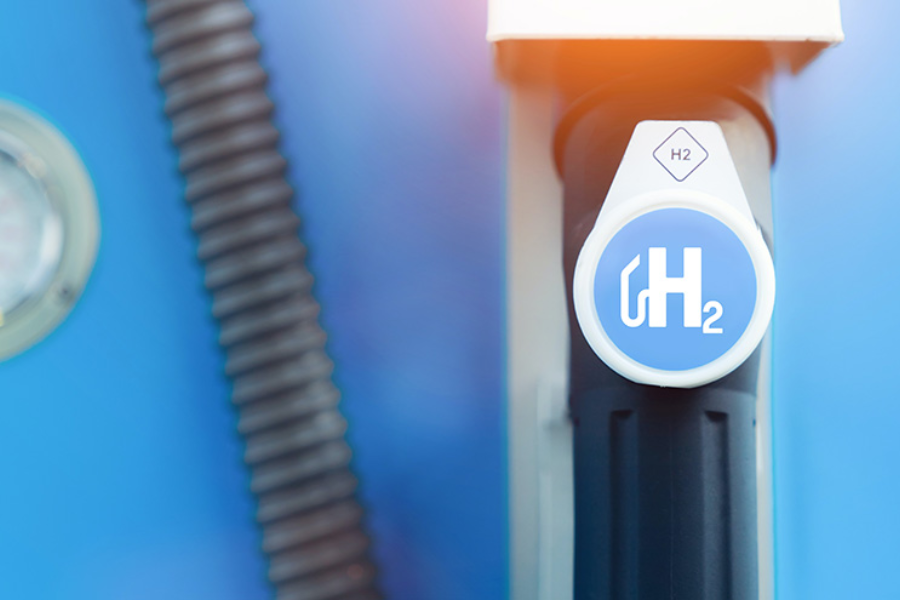IMDEA Energy researchers delve into the social impacts of fuel cells and hydrogen systems
Renewable hydrogen is often regarded as one of the most promising decarbonisation solutions. In fact, the European Union is actively promoting the creation of a hydrogen economy. Within this context, the sustainability of hydrogen systems should be thoroughly assessed by following a life-cycle perspective and considering environmental, economic and social aspects. The EU-funded projects SH2E and eGHOST , both coordinated by IMDEA Energy, work in this direction.
For instance, within the framework of the eGHOST project, researchers from the Systems Analysis Unit of IMDEA Energy have recently performed a study on the social impacts of a fuel cell intended for light-duty vehicle applications. This work was presented at the European Fuel Cells and Hydrogen Conference 2021. The researchers found that, despite the relatively low mass share, platinum would arise as the main social hotspot of the technology because of its high cost and its origin. Hence, measures oriented to platinum recycling, content reduction and replacement should be pursued. Besides, stainless-steel components (bipolar and end plates) would also play a relevant role under the investigated social aspects.
This work will be integrated into a broader sustainability assessment also addressing environmental and economic aspects, serving as a basis to develop sound guidelines for the eco-design of fuel cells and hydrogen systems. Advancements of the project can be followed on the project website.
These projects have received funding from the Fuel Cells and Hydrogen 2 Joint Undertaking (JU), under grant agreement No 101007163 (SH2E) and No 101007166 (eGHOST) . This Joint Undertaking receives support from the European Union’s Horizon 2020 research and innovation programme and Hydrogen Europe and Hydrogen Europe Research.




